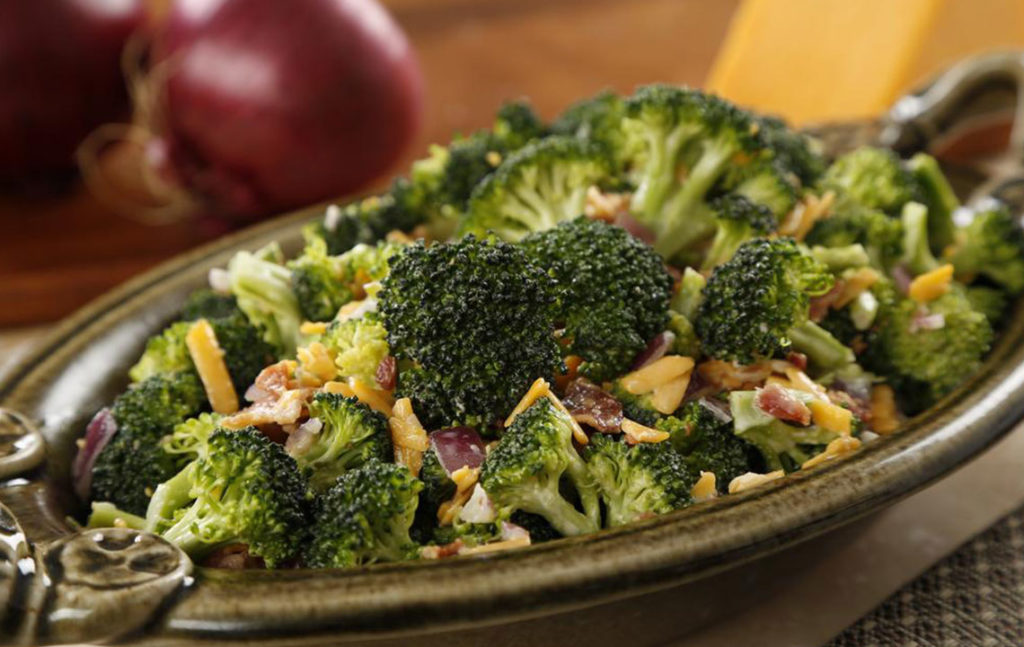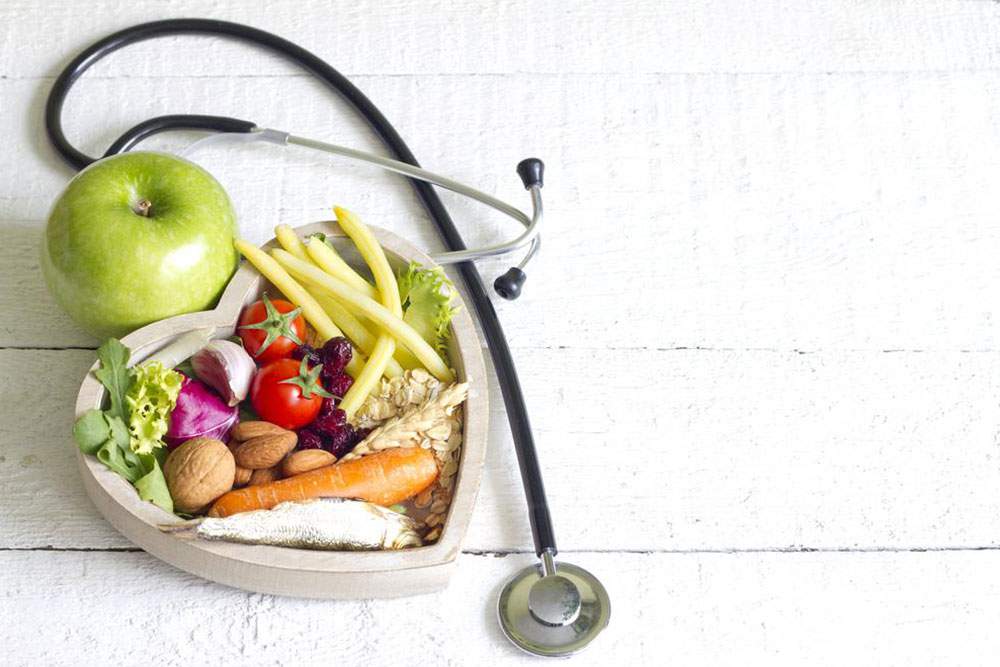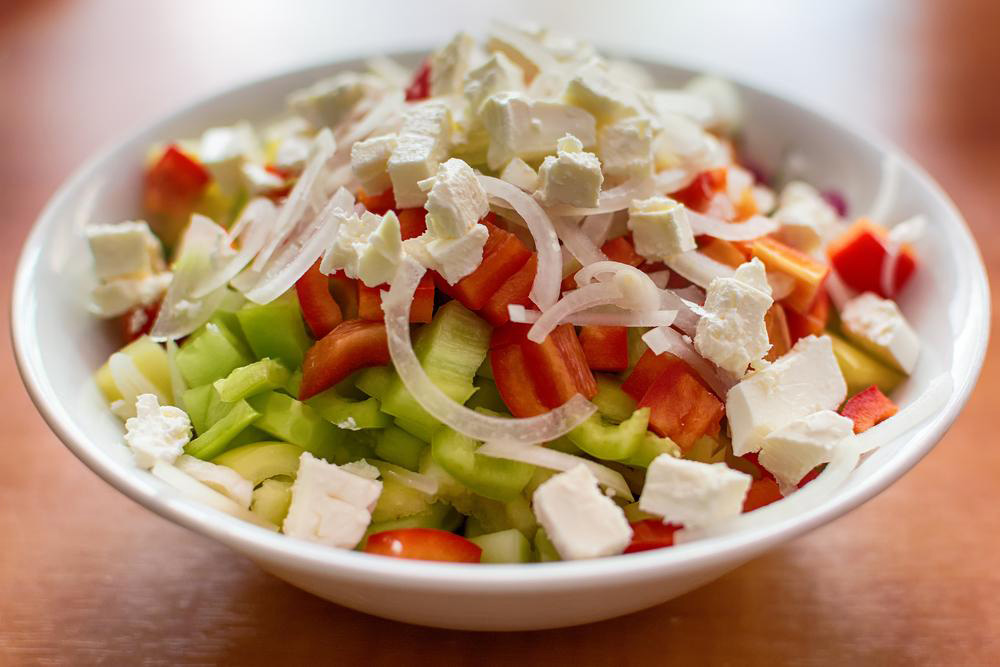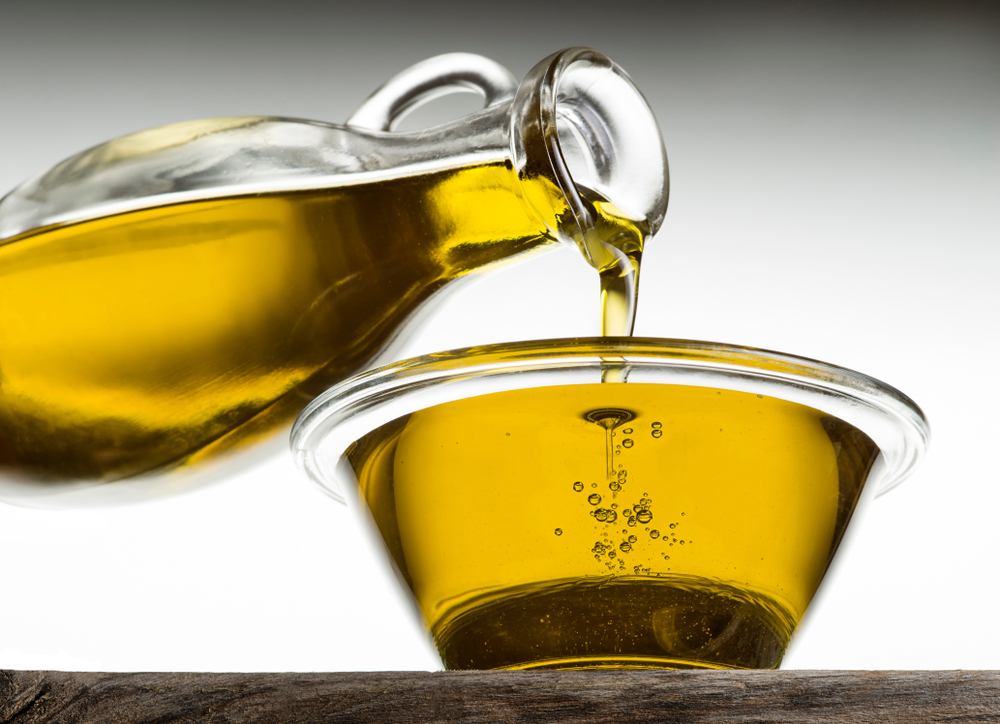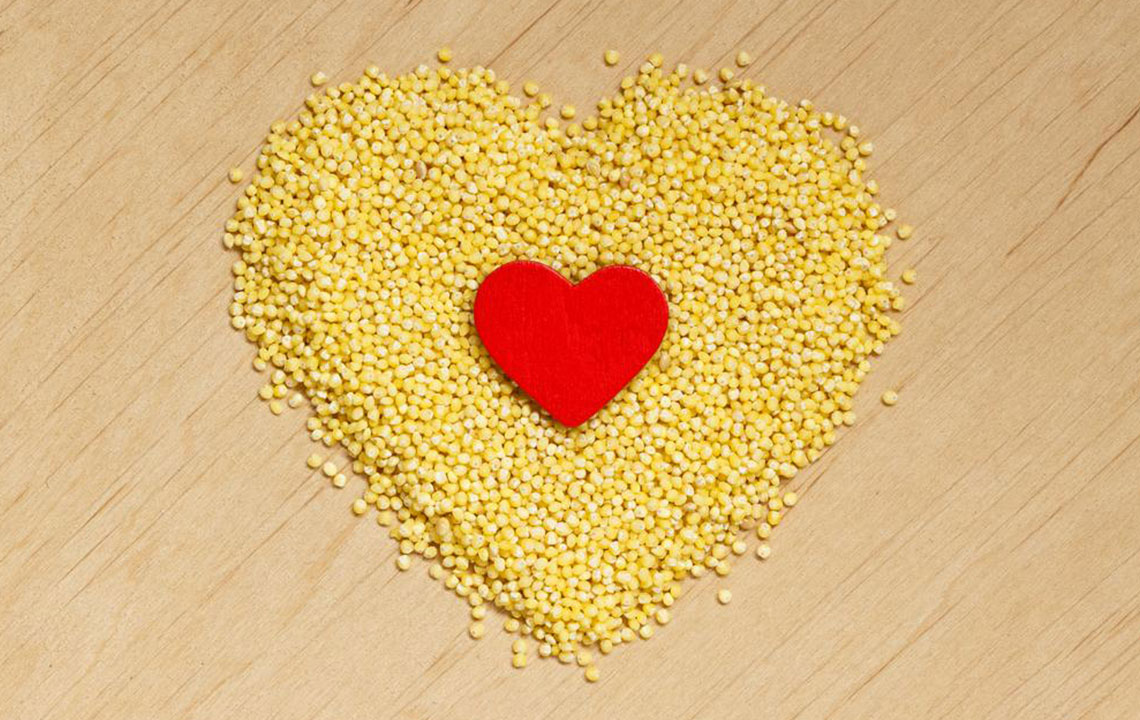The Ultimate Guide to Increasing Your Intake of Potassium-Rich Foods for Better Health
Discover the top 7 potassium-rich foods that can boost your health and support vital bodily functions. This comprehensive guide covers delicious and accessible options like bananas, potatoes, avocados, leafy greens, seafood, tomatoes, and dairy products. Learn how to incorporate these nutrient-dense foods into your daily meals for better blood pressure regulation, improved muscle function, and overall wellness.
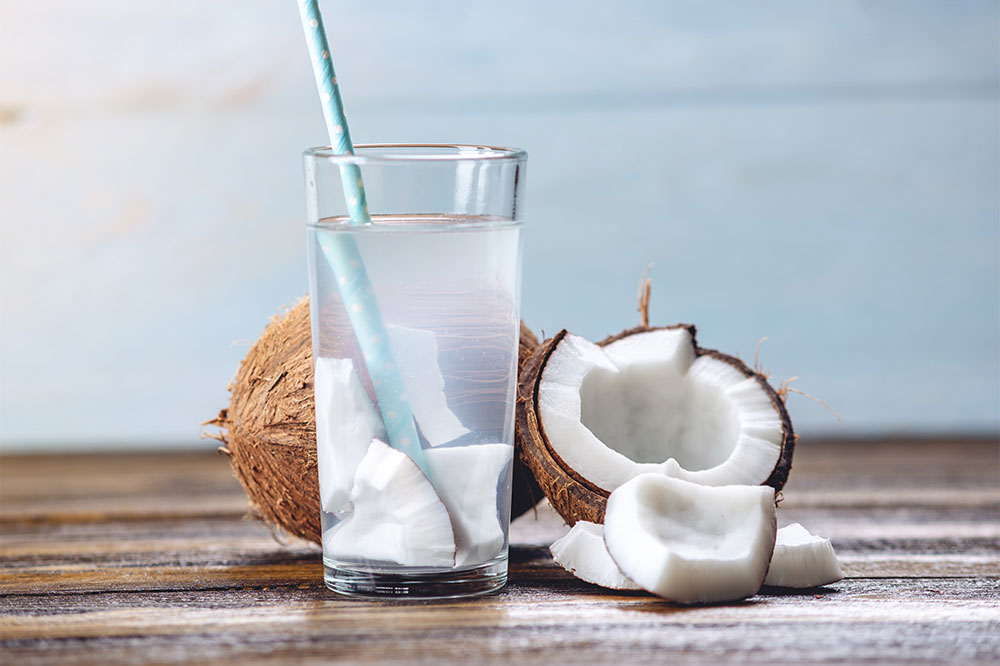
Comprehensive List of the Top 7 Foods Rich in Potassium to Boost Your Well-Being
Ensuring an adequate intake of essential minerals is fundamental for maintaining optimal health. Among these, potassium stands out due to its critical role in various bodily functions. Despite its importance, many individuals fail to include sufficient potassium-rich foods in their daily diets. Proper consumption of these foods supports nerve function, muscle contractions, fluid balance, and cardiovascular health. In this guide, we delve into seven of the most potent sources of potassium, highlighting their health benefits and practical ways to incorporate them into your meals.
Understanding the significance of potassium can help you make smarter dietary choices. Whether you're aiming to improve your heart health, regulate blood pressure, or simply boost your overall well-being, these seven foods serve as excellent options to meet your daily potassium requirements.
Bananas
Often considered the quintessential potassium source, bananas are a convenient and delicious snack that can easily be added to your daily diet. A medium-sized banana contains approximately 422 mg of potassium, making it an efficient way to support your body's mineral balance. They are versatile and can be included in breakfast bowls, smoothies, or eaten on their own for a quick energy boost.
Potatoes (with skin)
Potatoes are among the most accessible sources of potassium, especially when cooked with their skins. A medium-sized potato provides about 926 mg of potassium, contributing significantly to daily intake. Sweet potatoes, another excellent option, contain approximately 542 mg of potassium per serving. These starchy vegetables can be baked, mashed, or roasted, adding both flavor and nutrients to your meals.
Avocados
Renowned for their healthy fats, avocados are also rich in potassium. One cup of sliced avocado provides around 708 mg of potassium, along with omega-3 fatty acids, vitamin K, and folate. Their creamy texture and mild flavor make them an excellent addition to salads, sandwiches, smoothies, or even as a nutritious spread. Incorporating avocados into your diet can improve heart health and support blood pressure regulation.
Dark Leafy Greens
Vegetables like spinach, kale, and Swiss chard are powerful sources of potassium. For instance, one cup of cooked spinach offers approximately 839 mg, along with antioxidants that combat oxidative stress and reduce the risk of chronic diseases. Incorporating these greens into your daily meals can boost your mineral intake while providing additional vitamins and phytochemicals beneficial for overall health.
Seafood
Seafood options such as salmon, mackerel, tuna, and sardines are not only rich in omega-3 fatty acids but also packed with potassium. For example, a 3-ounce serving of cooked salmon supplies around 534 mg of potassium. Clams, oysters, and other shellfish contain even higher amounts, up to 1,000 mg per serving in some cases. Regular consumption of seafood can support cardiovascular health, reduce inflammation, and help maintain healthy blood pressure levels.
Tomatoes
Tomatoes and tomato-based products are flavorful and versatile sources of potassium. One cup of chopped tomatoes contains approximately 427 mg, while canned tomato sauce can provide up to 650 mg per serving. Additionally, tomatoes are rich in vitamin C, vitamin K, folate, and lycopene, an antioxidant linked to various health benefits including cancer prevention and skin health.
Dairy Products
Milk, yogurt, and cheese are valuable sources of potassium, offering between 350-560 mg per serving. Low-fat or fat-free options are recommended for those seeking to maximize health benefits while minimizing saturated fat intake. Including dairy in your diet supports bone health, muscle function, and adds to your daily mineral intake, especially important for individuals with increased potassium needs.
Incorporating these potassium-rich foods into your daily diet can significantly improve your health markers. Whether through snacks, main meals, or supplements, these foods provide a tasty, convenient way to meet your nutritional goals. Remember that balancing your intake with other vital nutrients, staying hydrated, and consulting healthcare providers for personalized guidance is essential for optimal health.
